According to the Draft Law on Special Consumption Tax being finalized by the Ministry of Finance, self-charging hybrid electric vehicles (HEVs) with 9 seats or less will have their tax rates increased.
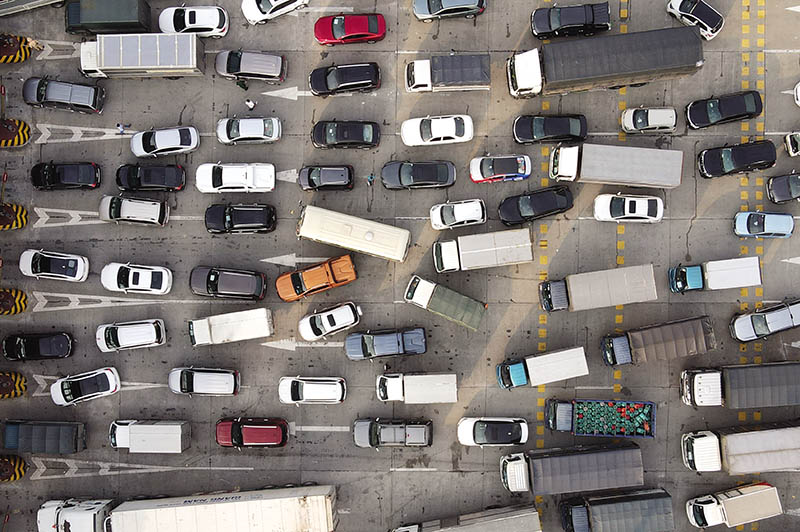 |
| Special consumption tax incentives for PHEV and HEV vehicles contribute to reducing air pollution in big cities. |
Countries offer tax incentives for PHEVs and HEVs
According to the current Law on Special Consumption Tax, cars running on gasoline combined with electricity, in which the proportion of gasoline used does not exceed 70% of the energy used, are subject to a special consumption tax rate equal to 70% of the tax rate applied to cars of the same type using internal combustion engines.
The Ministry of Finance believes that the above regulation has encouraged consumers to use environmentally friendly vehicles, which are vehicles with both gasoline engines and electric engines. Under normal conditions, the vehicle mainly runs on electric engines, while the gasoline engine is a backup (when the battery used to run the electric motor runs out of power), and the amount of emissions into the environment is much lower than that of other conventional cars.
However, to avoid confusion with hybrid vehicles that have 2 engines and under normal conditions mainly run on gasoline engines (HEV), tax incentives are only given to cars that are charged using a separate electric charging system (PHEV) with a tax rate equal to 70% of the tax rate applied to cars running on gasoline fuel. Thus, HEV vehicles must pay the special consumption tax rate like gasoline-powered vehicles, instead of only 70% as at present.
According to the Vietnam Automobile Manufacturers Association (VAMA), currently in Vietnam, the rate of HEV and PHEV vehicle usage is not as high as in many countries in the world, affecting the Vietnamese Government's Net Zero commitment to 2050, because the current preferential special consumption tax is not attractive, while the selling price of these two types of vehicles is 10-20% higher than that of fuel-powered vehicles of the same type.
Therefore, VAMA proposed to impose special consumption tax on HEVs as it is now (70% of the same type of gasoline/diesel cars) and on PHEVs at 50% compared to gasoline/diesel cars instead of 70% as it is now. “HEVs reduce fuel/emissions by 30-40% compared to internal combustion engine cars of the same type, while PHEVs save over 50% compared to internal combustion engine cars, so their use should be encouraged,” VAMA suggested.
According to Mr. Nguyen Ngoc Thai, executive member of Tax Services and Business Support, KPMG Tax and Consulting LLC, countries around the world and in the region all apply preferential special consumption tax policies for the above two types of vehicles, such as Thailand applying preferential tax rates from 17% to 27% lower than internal combustion engine vehicles; Indonesia is from 8% to 40% lower.
As a result, in Thailand, the total consumption of PHEVs and HEVs increased by 86.58% in 2022; the market share of PHEVs and HEVs increased from 2% in 2018 to 15% in 2023. Meanwhile, in Indonesia, sales of energy-efficient vehicles increased by 22% per year.
Must nurture revenue
According to VAMA's calculations, if the special consumption tax incentive for PHEV vehicles is 50% and HEV vehicles is 70% compared to internal combustion engine vehicles, the state budget revenue will decrease in the short term but not significantly. In return, Vietnam will reduce fuel consumption by more than 1 million liters annually, equivalent to VND 27,000 billion; reduce the need to import more than 14 million barrels of crude oil, equivalent to VND 29,000 billion, thereby reducing pressure on Vietnam's trade balance.
The special consumption tax incentives for PHEV and HEV vehicles help consumers access these vehicle lines at a more reasonable cost, thereby reducing the total CO2 emissions by more than 2.6 million tons of CO2, contributing to achieving the goal of reducing carbon emissions in the transport sector as directed by the Government; contributing to reducing air pollution and harmful impacts on human health, especially in large cities such as Hanoi and Ho Chi Minh City.
Vietnam, like other countries in the world, is building tax policies towards reducing direct taxes and increasing indirect taxes. Value-added tax and special consumption tax are indirect taxes (levied on consumers through businesses) that are adjusted to increase in this revision, according to Mr. Nguyen Van Phung, former Director of the Department of Large Enterprise Tax Management (General Department of Taxation), which is also following the general trend of the world to balance revenue by reducing other types of taxes.
To increase family deductions thereby reducing personal income tax; increase taxable revenue from 100 million VND to 200 million VND/year for households and individual businesses; implement incentives thereby indirectly reducing corporate income tax, in order to encourage organizations and individuals to invest capital, increase competition in attracting foreign investment, then indirect taxes must be increased to ensure sufficient revenue for expenditure.
“However, the tax increase on which goods and by how much must be calculated on the basis of encouraging investment and nurturing revenue sources, so that the state budget can increase revenue stably and sustainably. If the tax increase policy is unreasonable, the state budget will not only not increase revenue, but may even decrease,” Mr. Phung warned.
Japan also implemented tax incentives for HEVs and PHEVs. As a result, HEV sales accounted for 40% of the market share in 2022, surpassing the number of internal combustion engine vehicles sold; PHEV sales in 2022 reached 37,000 units, double that of 2021.
Source: https://baodautu.vn/chua-nen-tang-thue-tieu-thu-dac-biet-voi-xe-hev-d223412.html


![[Photo] General Secretary and President of China Xi Jinping arrives in Hanoi, starting a State visit to Vietnam](https://vstatic.vietnam.vn/vietnam/resource/IMAGE/2025/4/14/9e05688222c3405cb096618cb152bfd1)
![[Photo] Prime Minister Pham Minh Chinh receives Chairman of Commercial Aircraft Corporation of China (COMAC)](https://vstatic.vietnam.vn/vietnam/resource/IMAGE/2025/4/14/93ca0d1f537f48d3a8b2c9fe3c1e63ea)
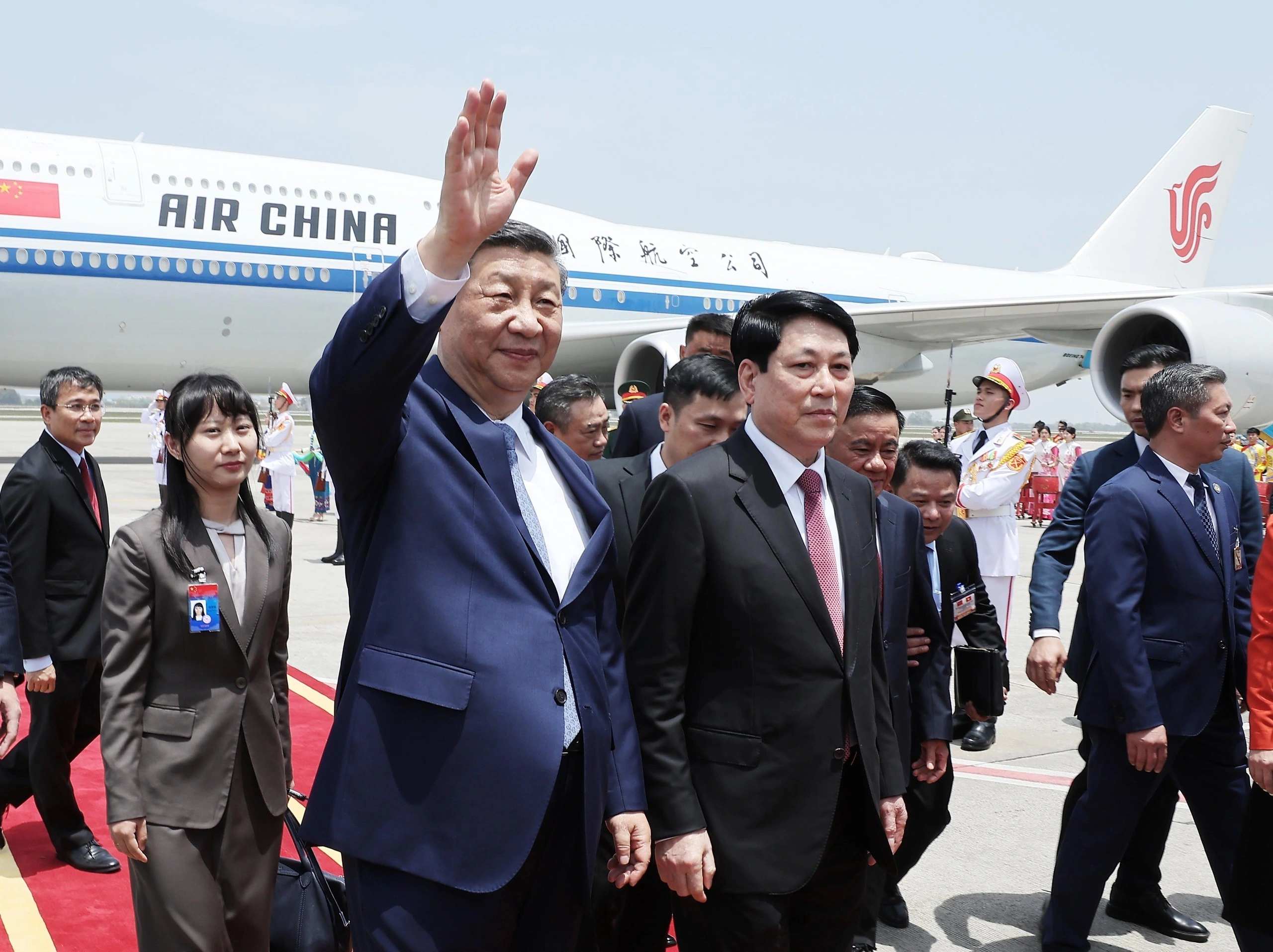
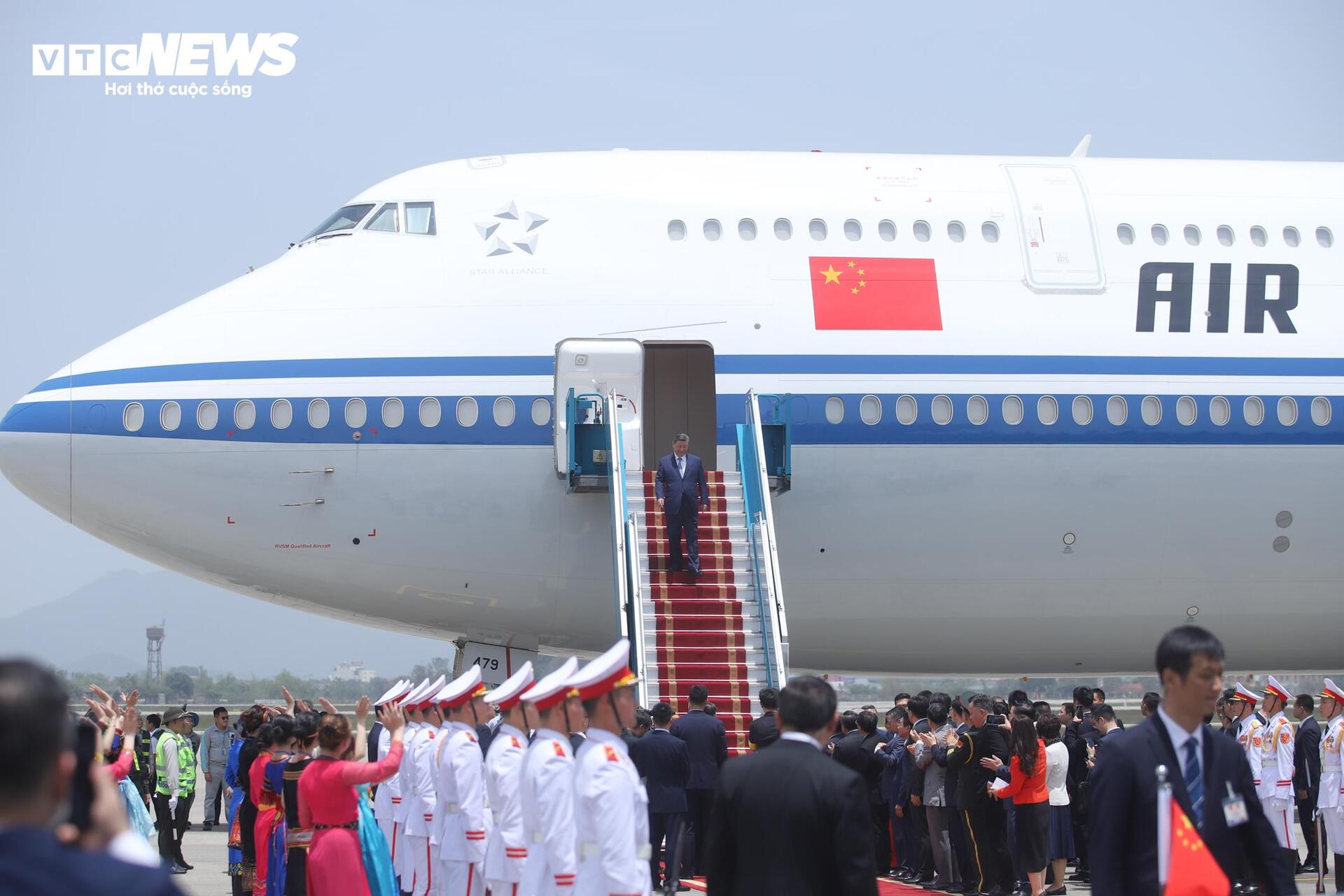
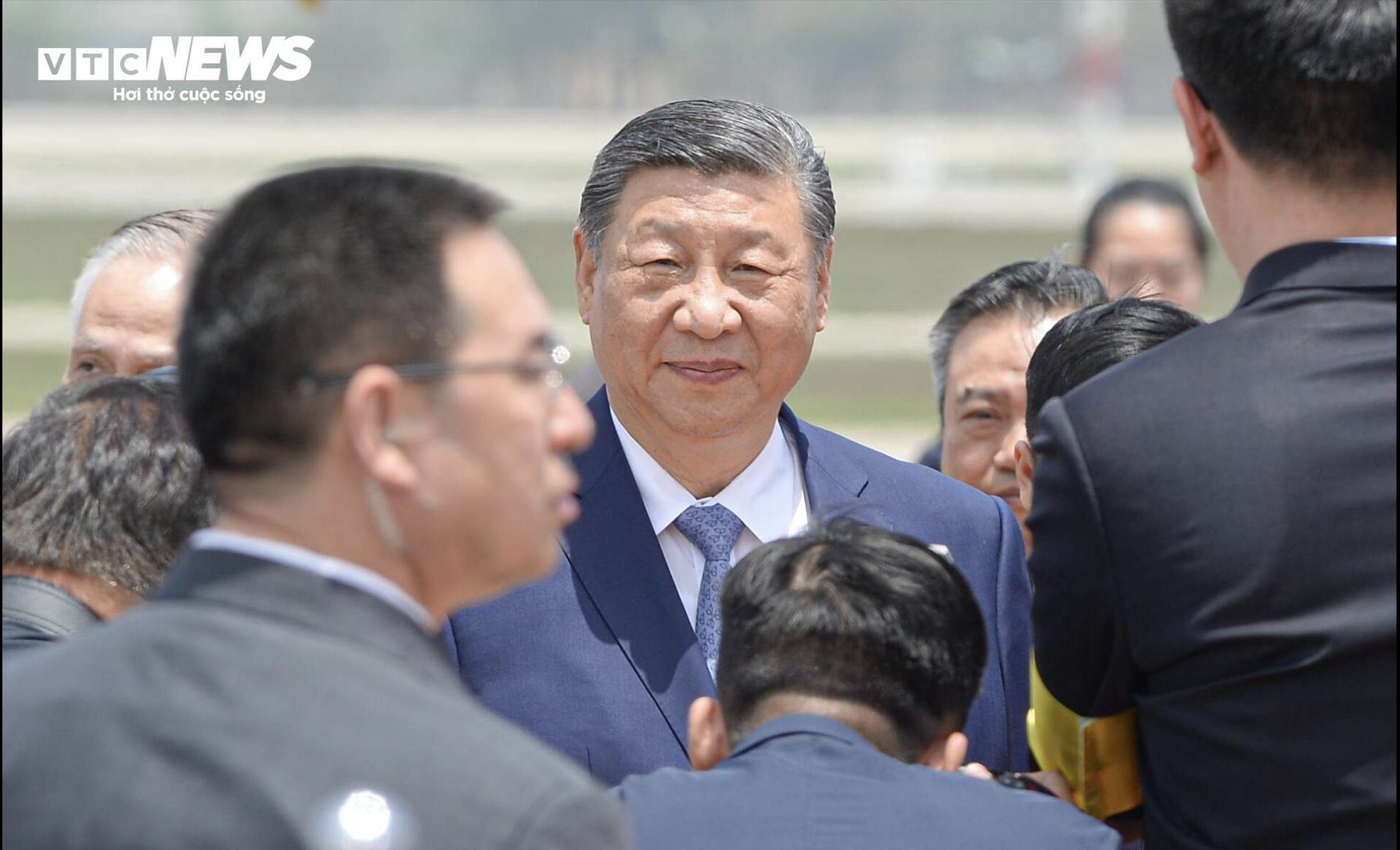

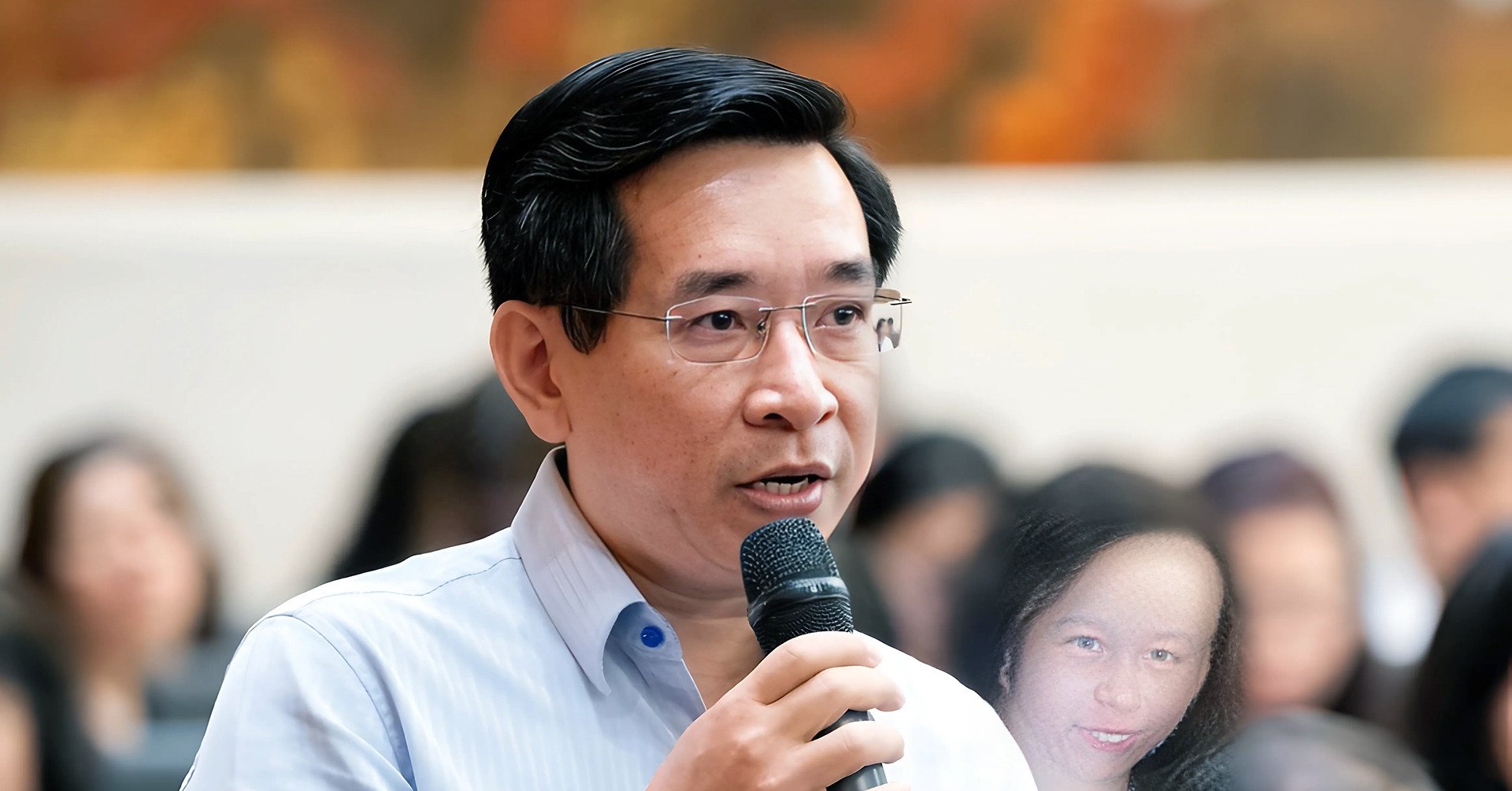

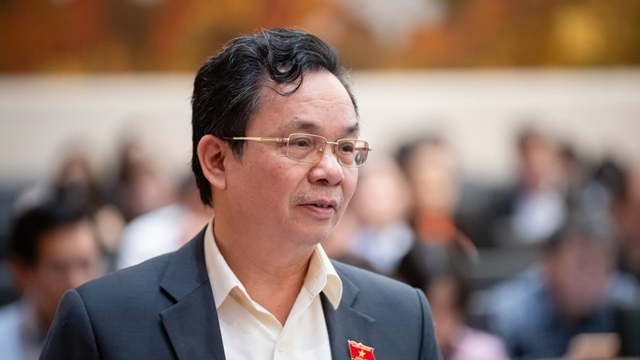

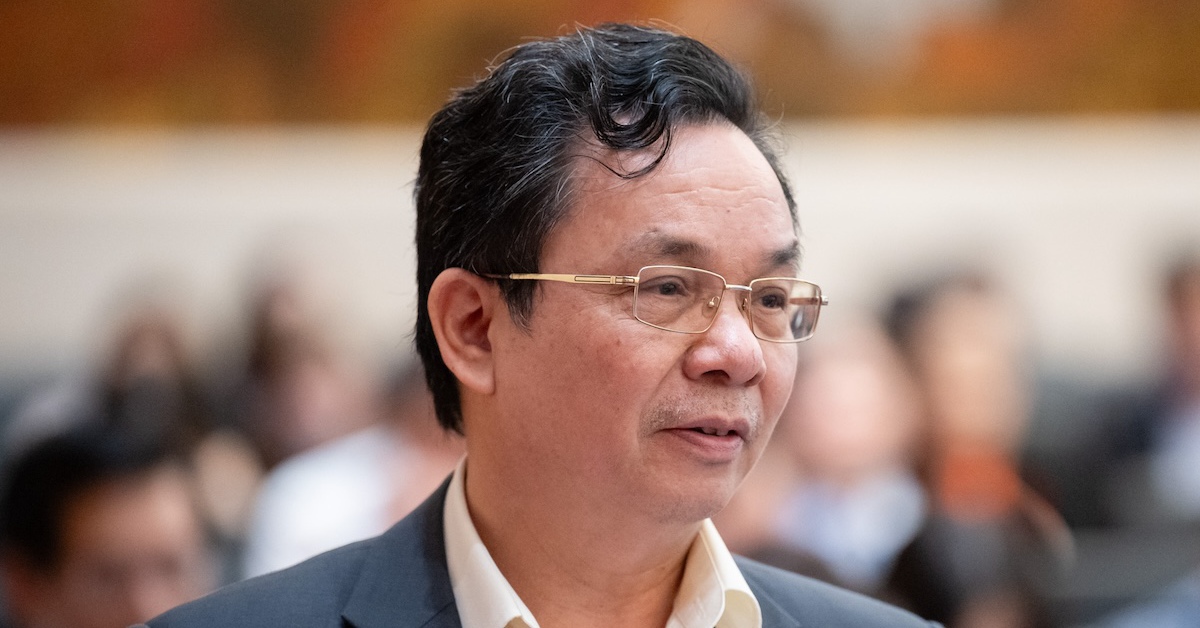

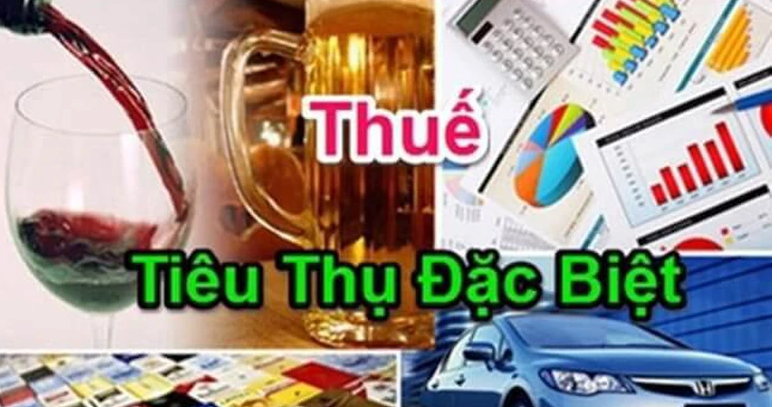
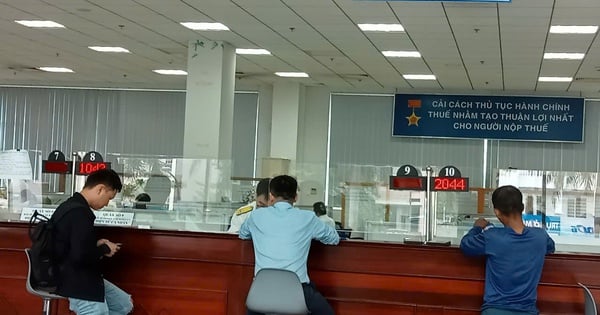

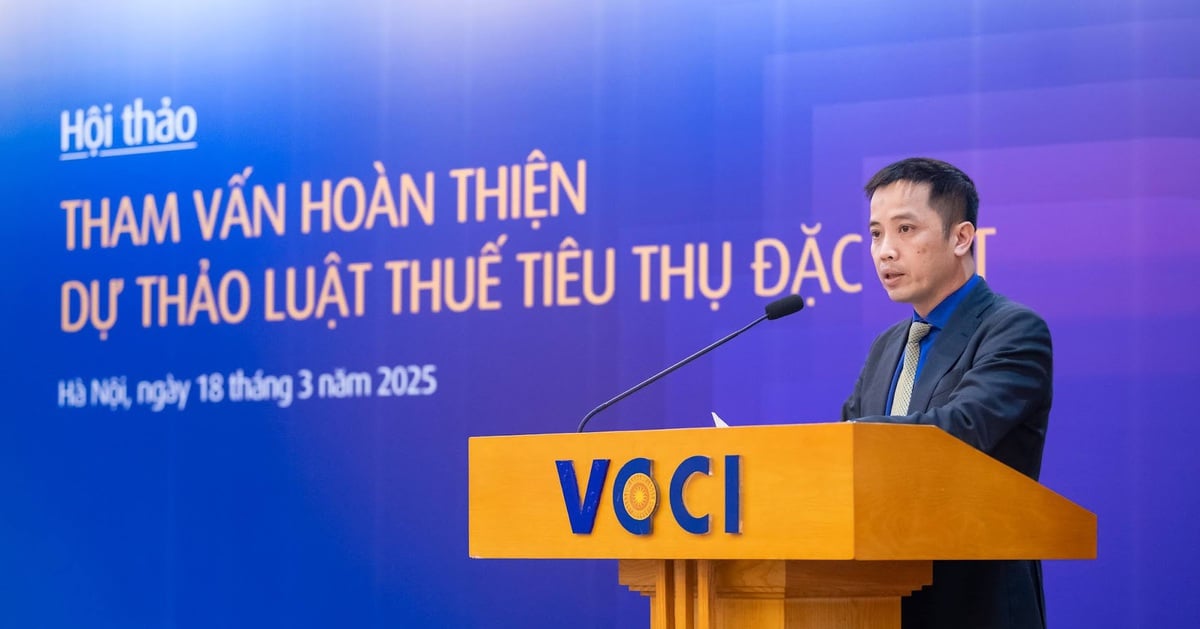



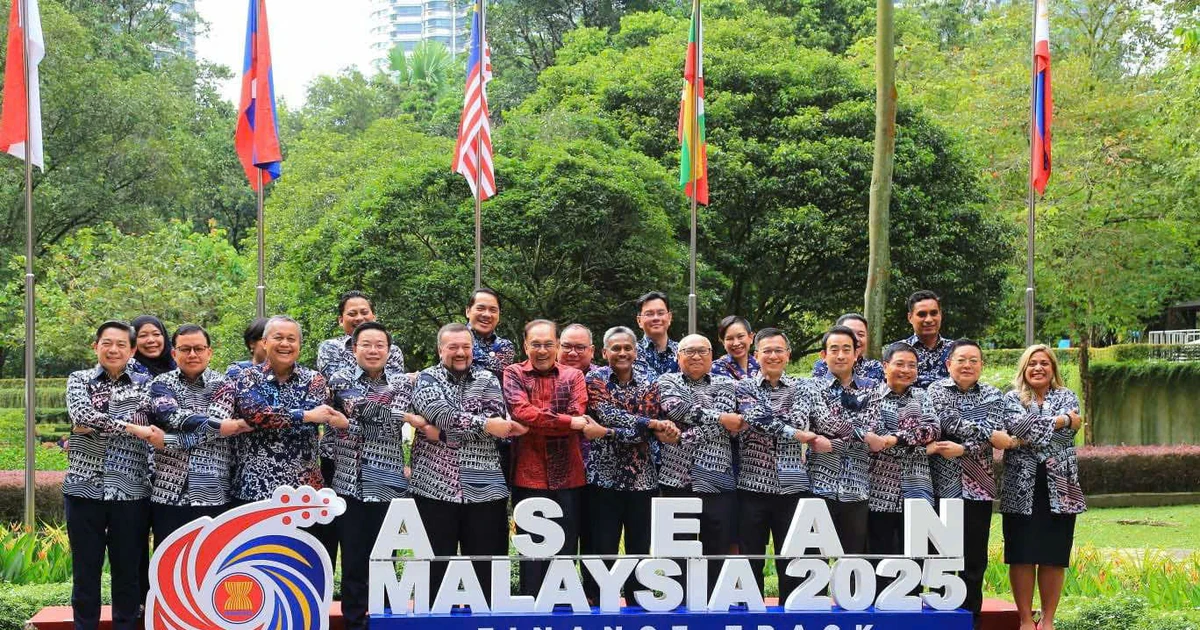
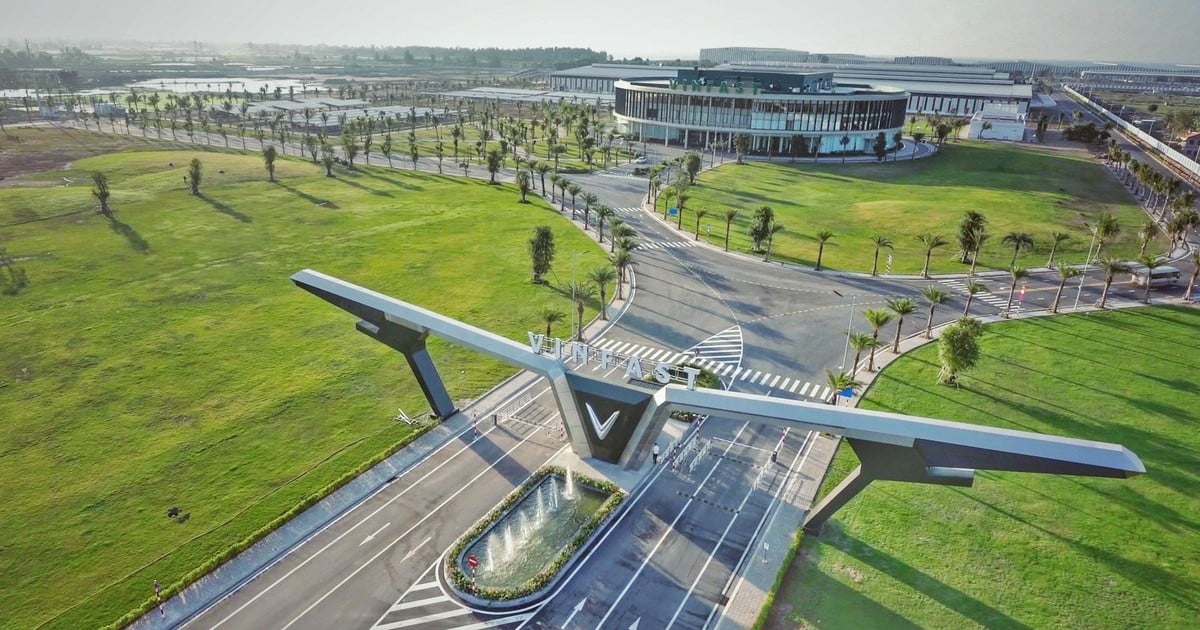
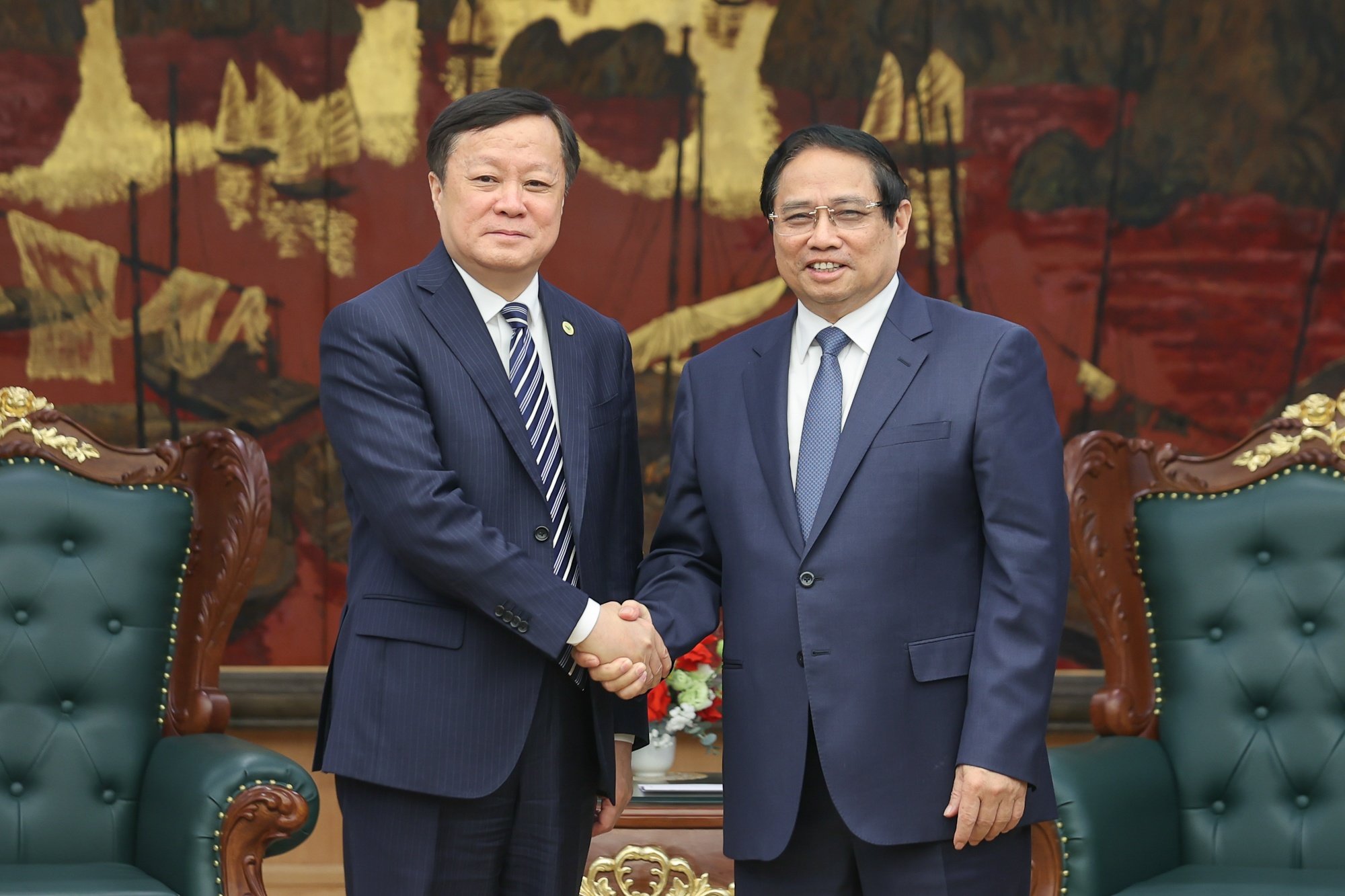




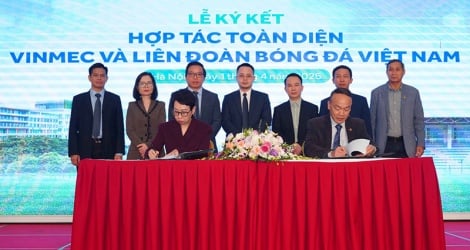



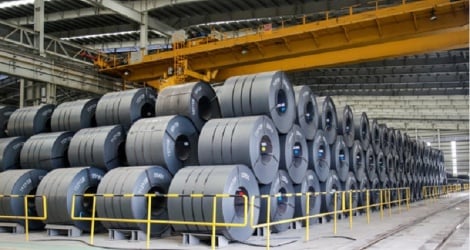
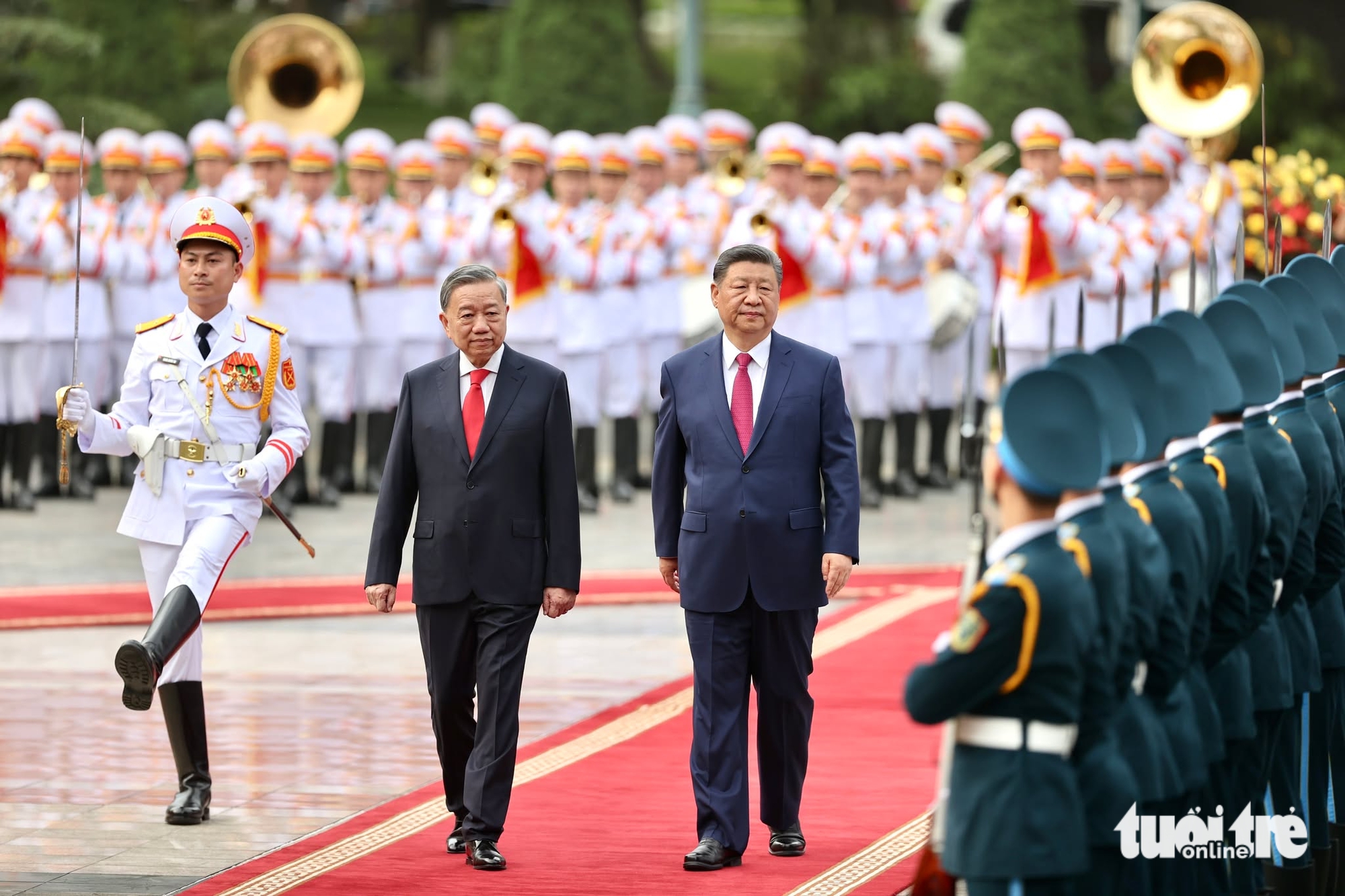















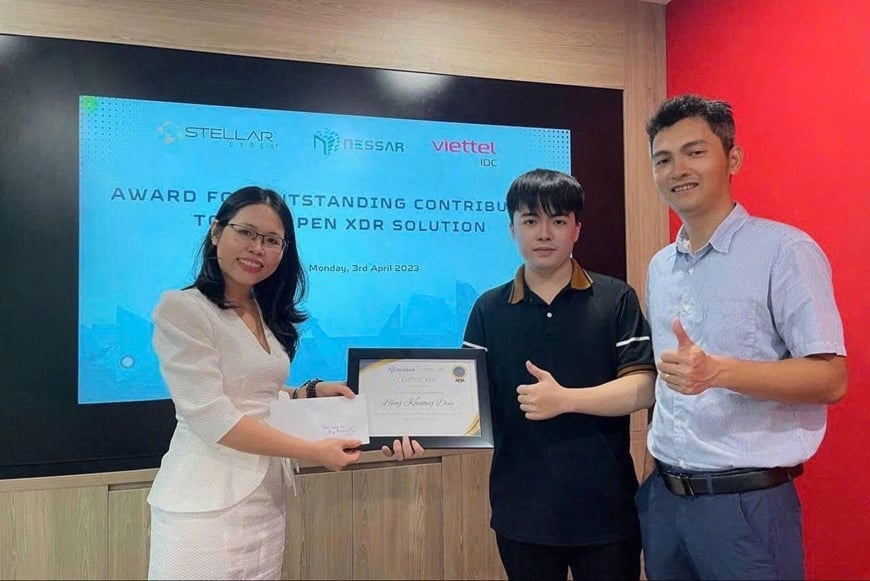









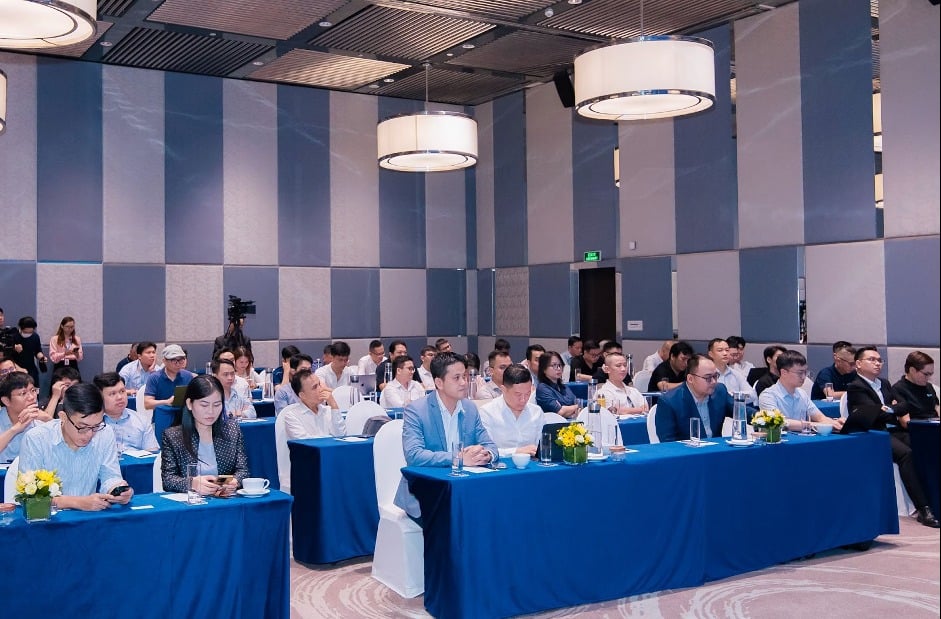


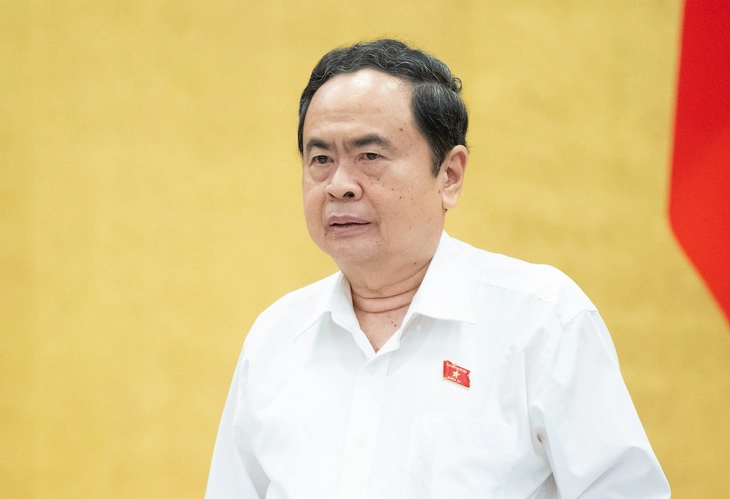
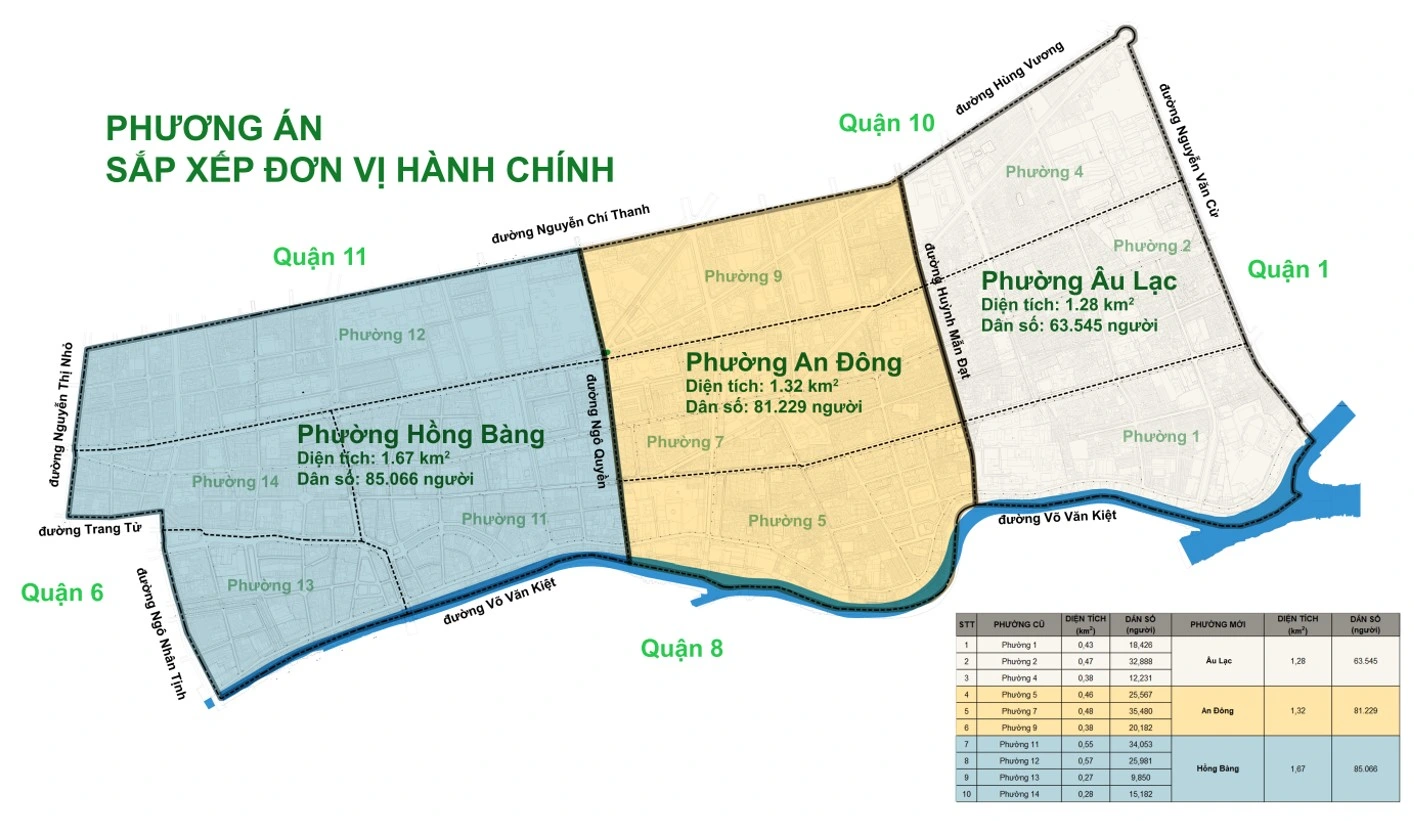



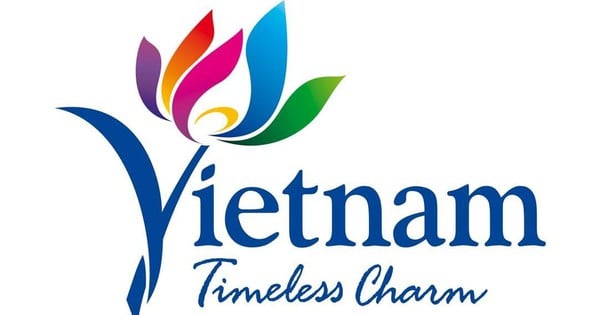

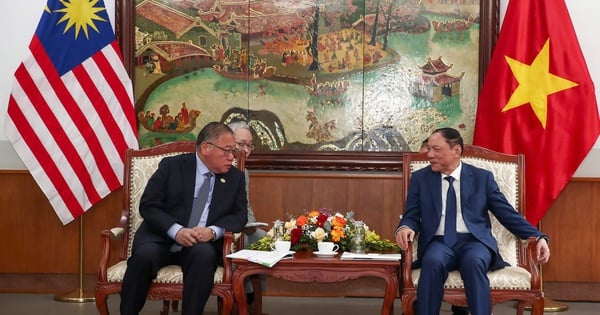
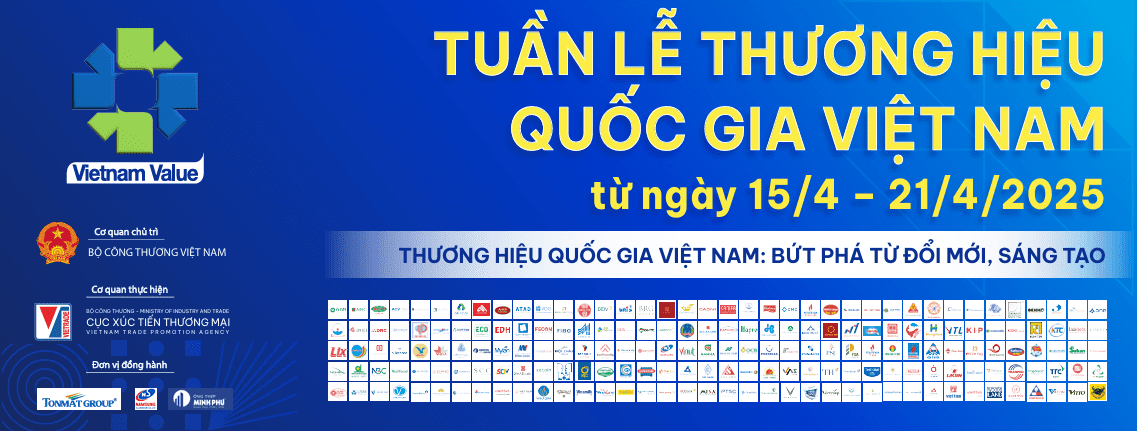


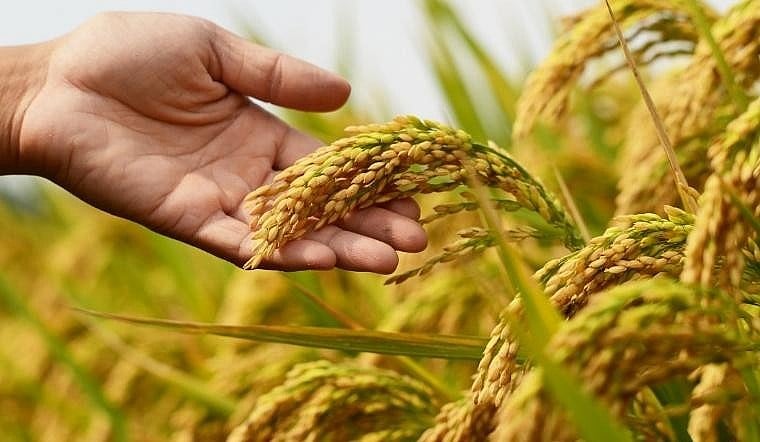

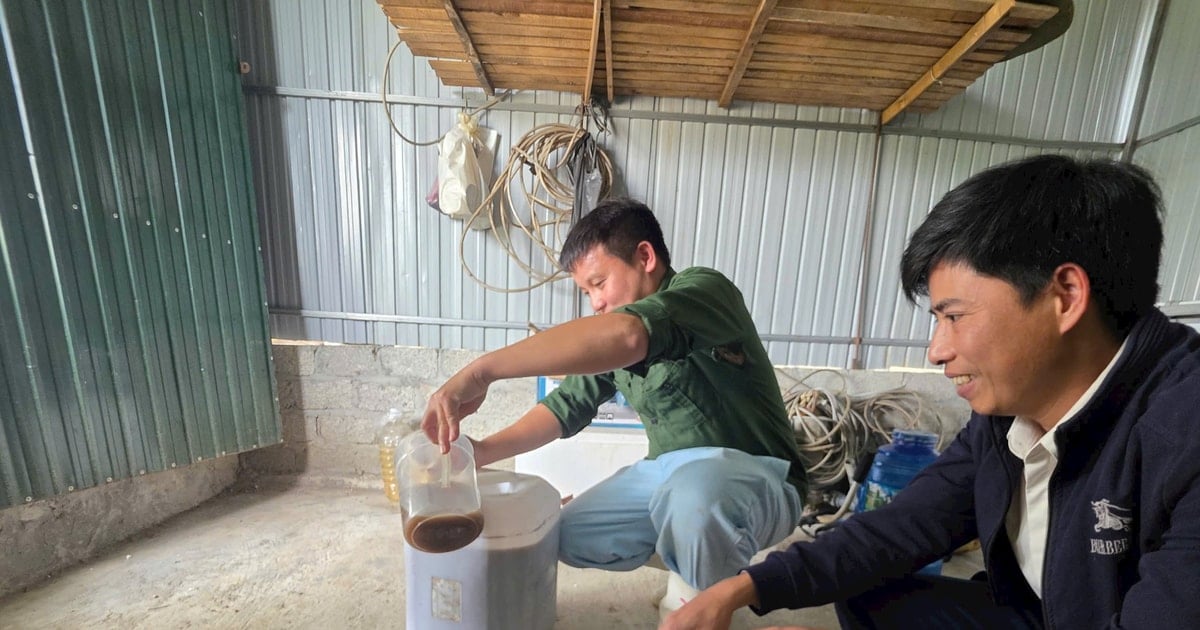








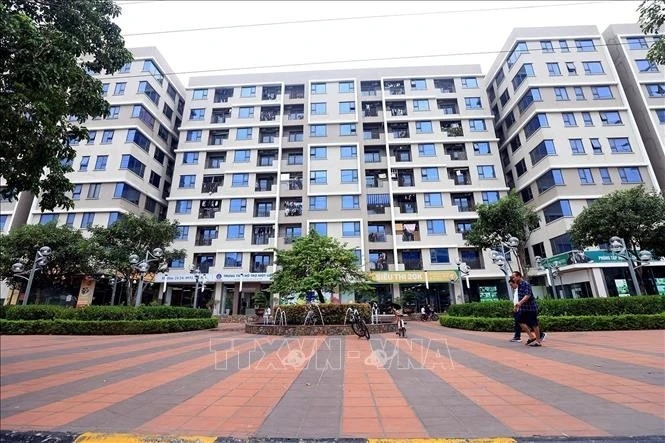











Comment (0)